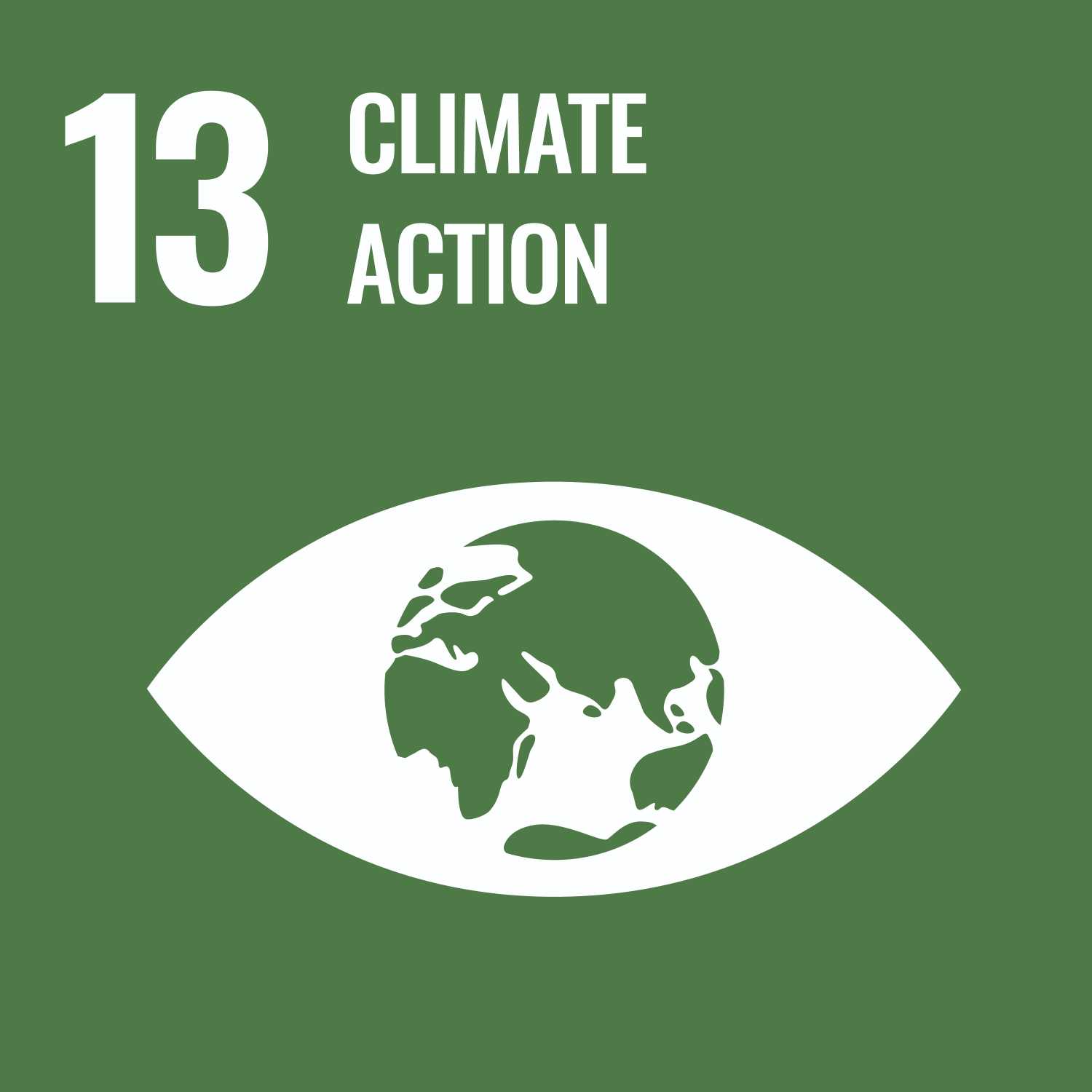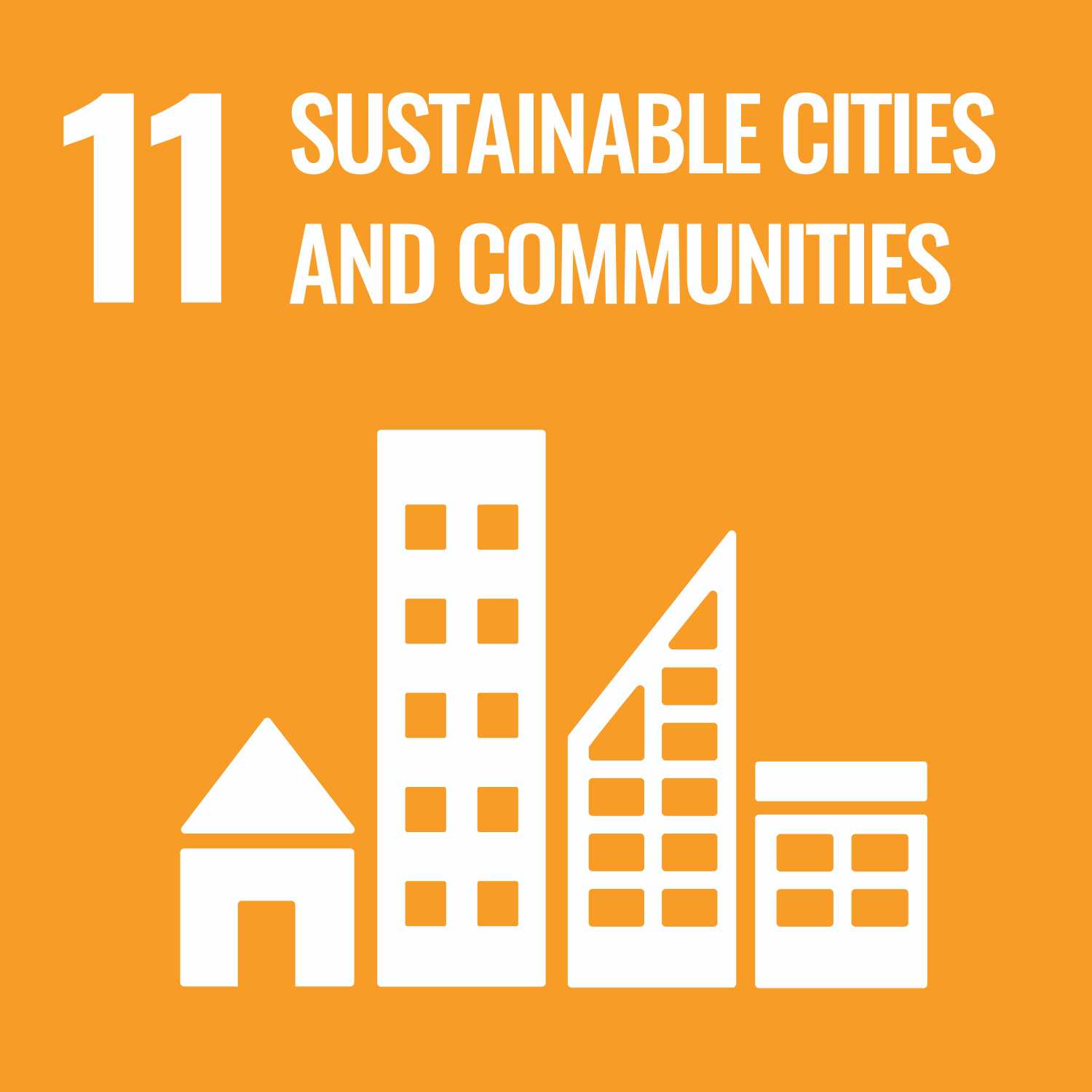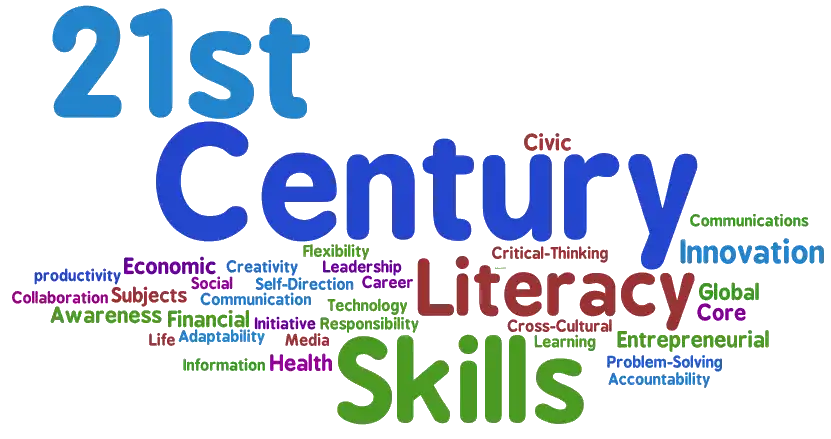

The outcome of a full-stack development hackathon focused on climate change at your college would likely depend on the goals set for the event, the projects developed, and the impact they had. Here's a general outline of possible outcomes:
Winning Projects: Teams could have developed web or mobile applications that focus on areas such as carbon footprint tracking, renewable energy usage, waste management, or climate data visualization.
New Ideas: The event might have resulted in novel approaches to mitigating climate change using tech, such as apps that promote eco-friendly habits or platforms to help communities track their carbon impact.
Participants' Growth: Students would have gained hands-on experience with full-stack development technologies, including front-end, back-end, databases, and cloud services. This practical experience is crucial for their future careers in tech.
Collaboration and Problem-Solving: Working in teams likely improved participants’ collaboration, communication, and problem-solving skills, which are essential in both tech and climate action fields.
Raising Awareness: The hackathon may have also raised awareness about climate change among students, inspiring them to think about how technology can be leveraged for environmental sustainability.
Educational Talks or Workshops: Experts from environmental fields or tech industries may have conducted sessions, contributing to participants' understanding of the challenges associated with climate change and how technology can help.
Future Implementation: Some of the projects may have had the potential for further development into fully functional platforms or applications. Collaborations with environmental organizations or local governments could be explored to implement the solutions.
Support from Sponsors or College: If the hackathon was backed by sponsors or the college administration, they might provide further funding or support to develop some of the best ideas into real-world solutions.
Professional Connections: Participants would have had the opportunity to network with industry professionals, mentors, and peers interested in climate tech, potentially opening doors for future collaborations or career opportunities.
21st Century Engineering College in Coimbatore
World is transforming everyday. In the rapidly evolving engineering landscape, we have an Increased responsibility to transform the engineering education from traditional curriculum to meet the 21st century skills like Creativity, Critical Thinking, Collaboration and Communication. Through our unique and strategic approach we enable our students to learn beyond and prepare them for life long success.
